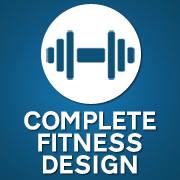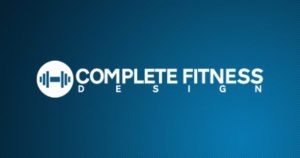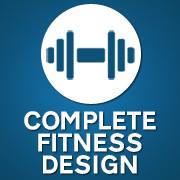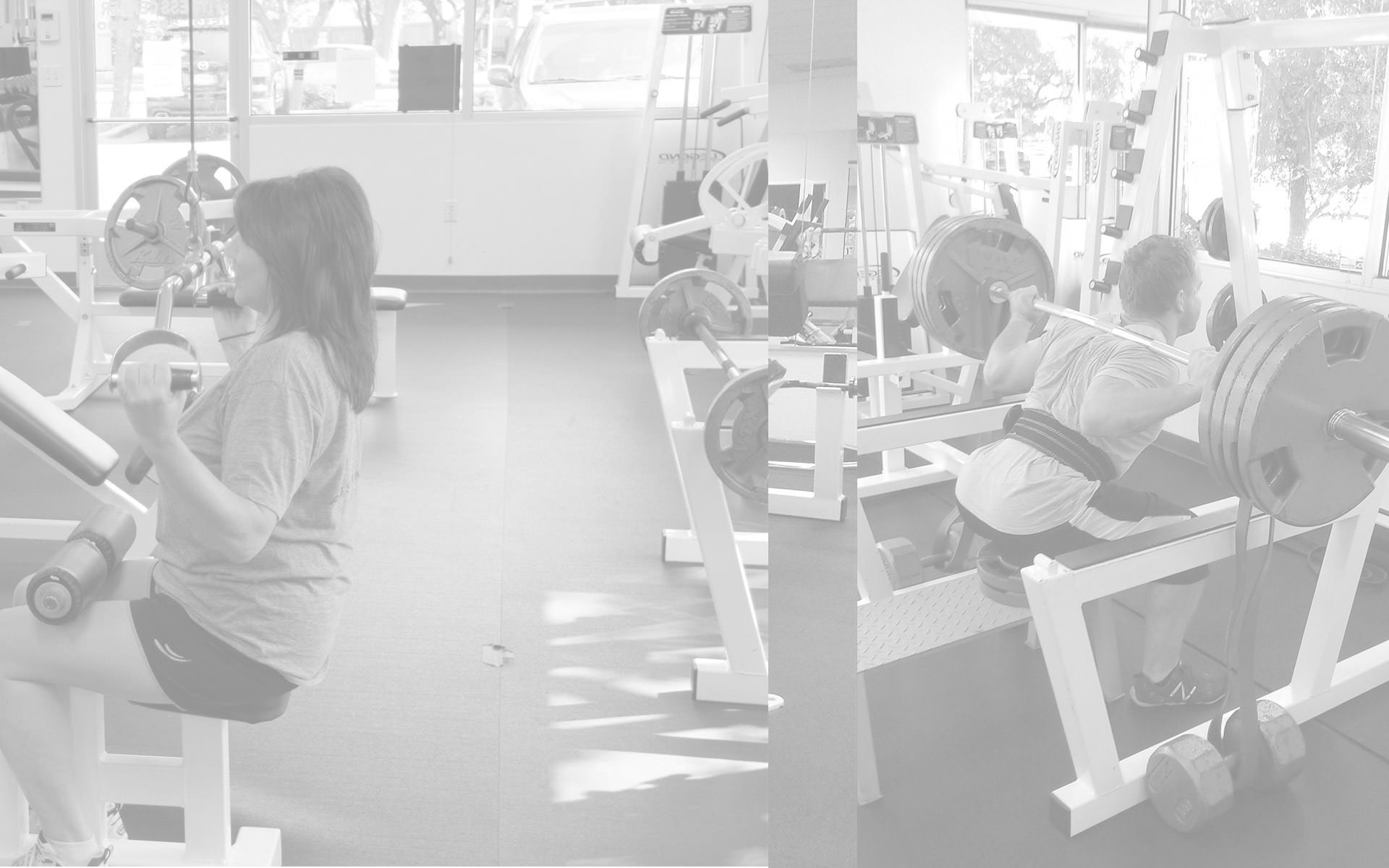Should You Be Swimming Or Running?
As an Austin personal trainer for over 20 years, I have seen and heard my fair share of questionable advice from one gym patron to another. I’ve heard people saying some pretty outlandish things, while not trying to outright deceive anyone, but simultaneously, not having the slightest idea of what they are talking about. The other day at the gym, I was working with a client on the bench press, and couldn’t help but overhear a rather spirited debate between 2 fitness enthusiasts regarding the benefits of swimming vs running.
Fitness myths are everywhere, and this sort of scenario is playing out in gyms all over the world every single day. It’s a natural occurrence, as not every regular Joe understands fitness, health, nutrition, kinisiology, etc, and not every personal trainer in Austin understands in great detail, nor is qualified to dispense advice on what other’s do for a living. This is only to be expected, and honestly, common sense. It is, however, quite disappointing when you go to a famous, and well trusted health site, and find misinformation printed in big bold font for all of us to behold.
The other day, the same client I was training when the 2 gentlemen when debating swimming vs running, told me she was a bit perplexed by something she had read on one of those big websites concerning caloric expenditure. She brought up the article on a laptop, and there it was, right in front of me, stating that swimming is a poor choice for burning calories, and that running is a much better choice. Naturally, everybody is different, with a wide range of metabolic rates, VO2 max thresholds, maximum heart rates, etc, but to imply that swimming isn’t an efficient calorie burner, is preposterous. Depending upon the individual, of course, swimming is widely known to burn an average of 580-800 calories per hour, depending upon the stroke, the speed, and as stated, the individual.
Running, on the other hand, while still be a great cardio option for those who are not tight, imbalanced, etc, can burn roughly up to 550 calories per hour at a 6 mph pace. Jogging, on the other hand, can burn only 350 or so calories per hour. Obviously, we can see comparatively, that swimming is far more effective at burning calories than running, but there’s yet another great advantage to swimming over running at the same level of intensity. Wear and tear on your joints. Running, simply put, is very hard on your body as when you are landing every stride, you are putting a stress on your knees, ankles, hips, and the like, which translates to a tight iliotibial band, tightened gluteal muscles, tightened connective tissue in and around the patellas, etc. It’s no coincidence that every single client that I train for running has to undergo regular corrective flexibility training with me in between our strengthening exercises. Running can be hard on your body.
Another falsity this same online journal wrote, was that running outdoors is absolutely no different from running on a treadmill, as far as the level of impact to your joints, as well as the consequences of that said impact. One need not be a personal trainer to realize how untrue that statement is. All you would have to do is run for a few minutes on a treadmill, and then for comparison’s sake, run a few minutes on a street, or sidewalk. Obviously, stride, strike, bodyweight, and the type of running shoes, if any, are all variables which bear consideration, but generally speaking, it would take the average person about 2 minutes of each scenario to realize the silliness of their claim.
Swimming, on the other hand, can be hard on the body as well. Virtually anything that requires any degree of vigor can potentially cause problems with the alignment and balance of the muscles and their connective symmetry. Swimming the breast stroke, for example, can put a strain on the anterior deltoids, the trapezius, the infraspinatus, etc, especially if done at a fast pace and if the participant has any pre existing imbalances and tightness. The freestyle stroke can be taxing on the bicep tendons, and the butterfly, if not done properly can be pure hell on one’s supraspinatus, as well as pose a risk of tearing one’s labrum if done improperly, and by someone who has imbalances in those potentially affected areas.
While virtually any exercise can cause injury and exacerbate imbalances, inflammations, etc, we have to use a little common sense, and acknowledge that running is going to be much harder on the body because of the seemingly endless impacts, while swimming is virtually impact free, and when done with proper technique, and by a person who has addressed, and repaired any, and all of their imbalances, a much more safe, efficient, and effective method of caloric expenditure. This isn’t to say that swimming, by definition, is superior to running, but rather it is to point out that the swimming vs running answer is a very individual thing. Some people have absolutely no business running because of their hip problems, for example, while others, conversely, have no business getting in the water with the tightness they hold throughout their deltoid and trapezius muscles.
The swimming vs running question, ideally should never need to be addressed anyway, as keeping variation in one’s workout has always been beneficial, both mentally, so as not to burn out and get bored, as well as physically, so we can recruit more muscle fibers, and from different angles and under different tensions. Variety is the spice of life, and it’s also the spice of a successful fitness regimen.
Ready to Get Started?






